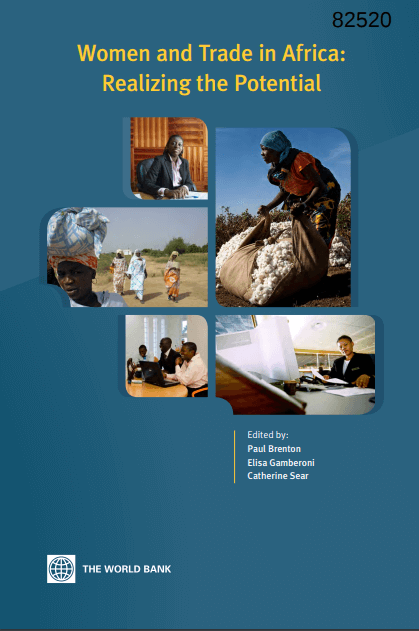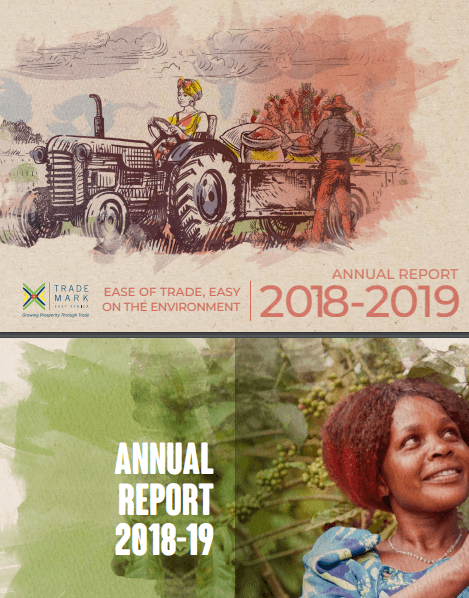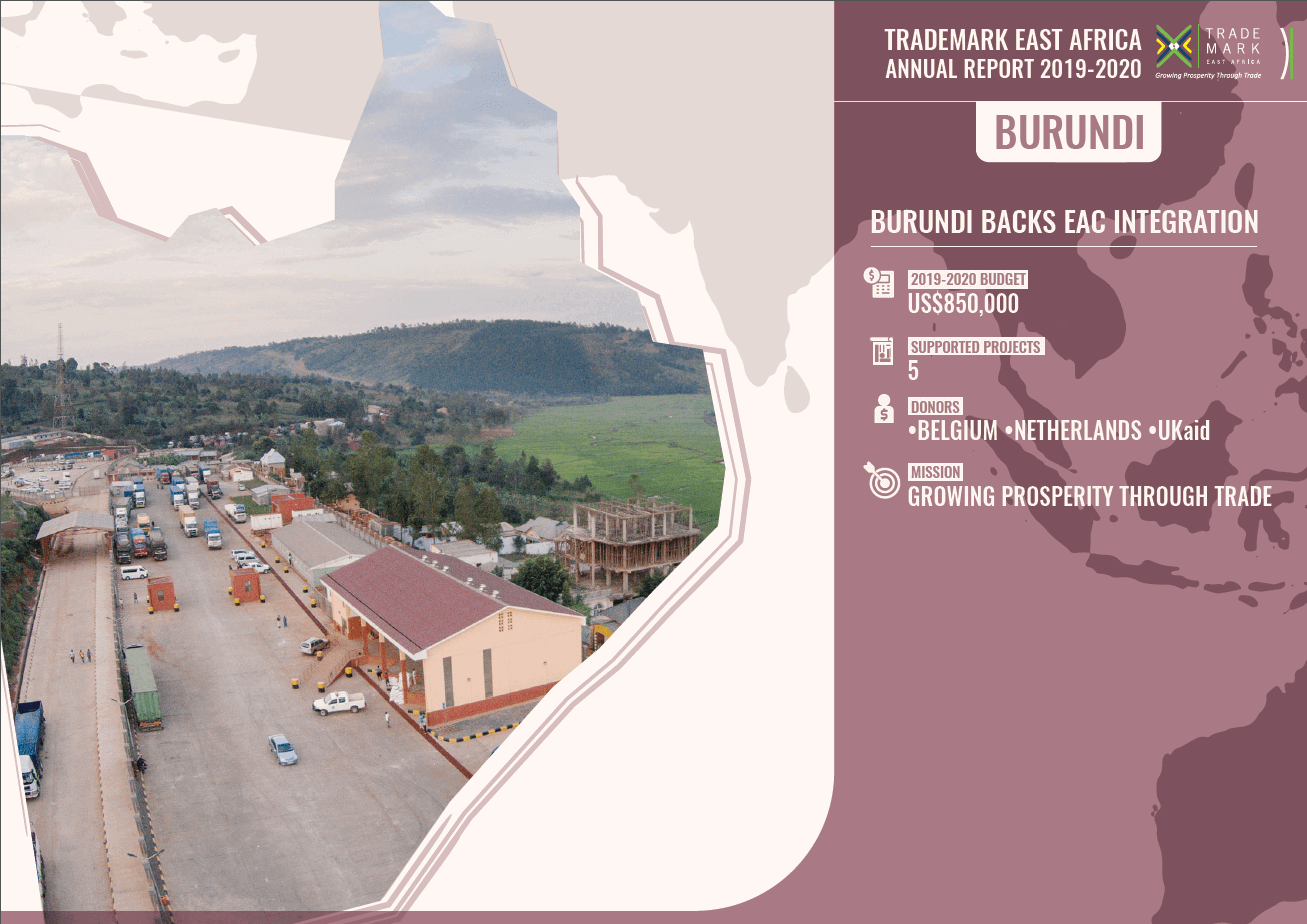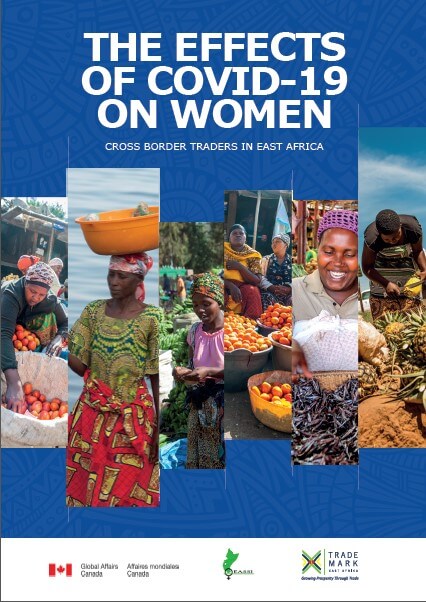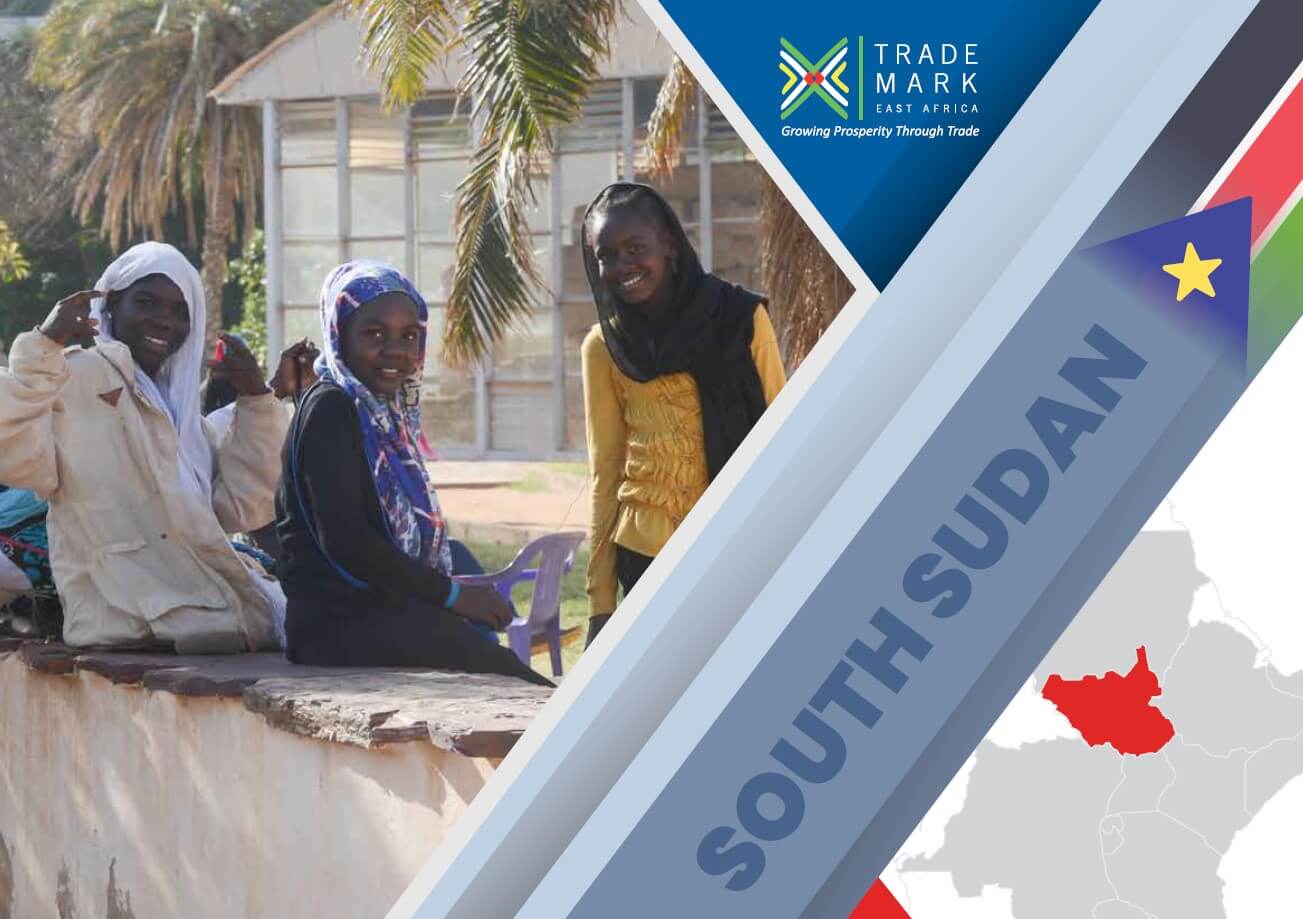[vc_row][vc_column][custom_inner_menus select_menu="project"][/vc_column][/vc_row][vc_row][vc_column][single_project_block_1 heading="Elegu OSBP Construction" implementor="Uganda National Roads Authority (UNRA), Ministry of Works and Transport" target_group="Importers and exporters, Private sector agents such as freight forwarders, and transporters; Border agencies; Revenue Authorities, Bureau of Standards, Immigration Authorities and Relevant government ministries" project_value="US$ 7,100,000" implementation_period="2012 - 2017" download_btn_text="Download Project PDF" download_btn_link="#url"]As the main gateway into Southern Sudan from the port of Mombasa, the Nimule-Elegu border post is of strategic importance to the EAC region. The border is extremely slow, and Nimule takes an average of four days to process imports. This delay imposes serious costs on traders. These time delays can be attributed to inadequate border infrastructure, insufficient quality and quantity of technical equipment, poor border design, complicated procedures based on centralized control, and multiple border organisations working in isolation. What: TradeMark Africa is financing an OSBP at Elegu, Uganda, and modernising and extending the facilities at Nimule, South Sudan. How: TMA will provide full funding for the construction of the OSBP. Harmonisation of customs procedures will be undertaken by a Joint Task Force of Experts from the two countries concerned, and supported by TradeMark Africa. The project will be implemented in coordination with other ongoing initiatives of the World Bank, JICA, USAID, the African Development Bank and the European Union. TMA will engage consultants for design and supervise work. Contact: Michael Ojatum: michael.ojatum@trademarkea.com Click here to learn more about One Stop Border Posts Program[/single_project_block_1][/vc_column][/vc_row][vc_row el_id="desired-result"][vc_column][single_project_block_2 heading="Desired Results" image_1="42587" image_2="42589"]Efficient border processing, improved knowledge and skills of border agencies and compliance with...

